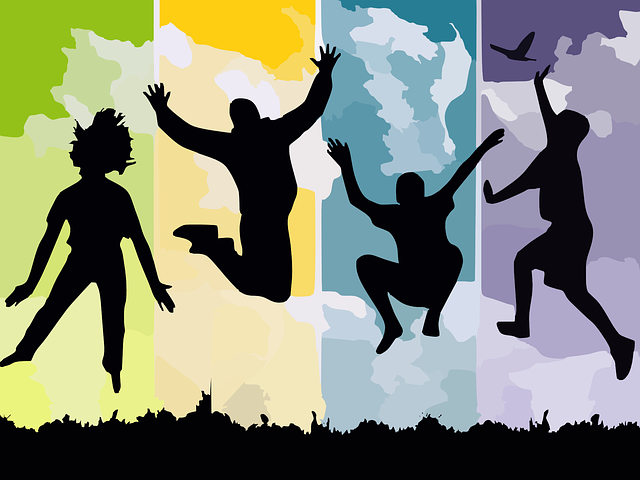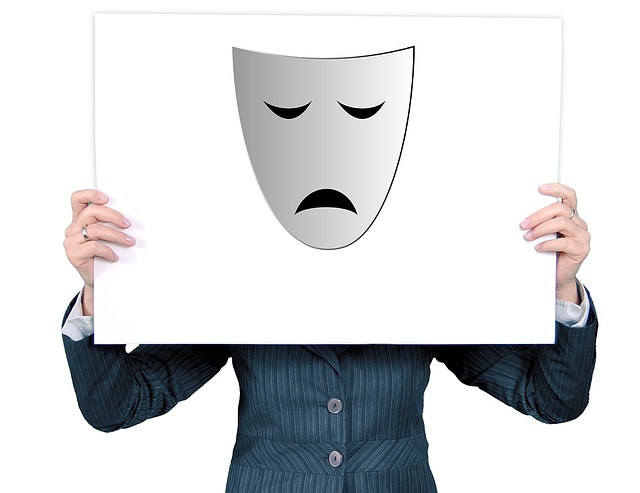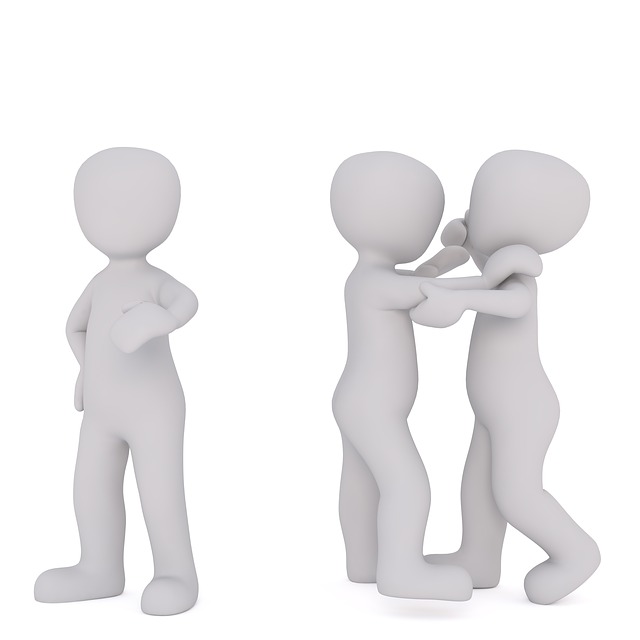Recently someone on /r/Dance asked a simple but powerful question about how to chose a dance teacher.
Do have any tips about what to look for in a good dance teacher and what to avoid in a bad teacher?
That’s a question that I often ask myself, and also actively research with veteran and newly hired teachers in our dance studio.
A Great Dance Teacher

A great dance teacher will:
- Make the lesson easy enough so that you end with a sense of accomplishment rather than frustration
- Make the same lesson challenging enough so that you have to work for it
- Explain complicated moves in terms of basic building blocks
- Attend social dances, have good dance etiquette, and mix in with beginners in partner dances, and make them look good.
- In partner dances, teacher can explain both roles with equal detail
- Often overlooked, but a good dance teacher with include technique in order to make you a better dancer, rather than someone who dances a lot of moves/patterns (depending on your group class size, you might need to get private lessons to get this level of attention)
- They can sugar coat some of their teaching for comfort (“It’s OK, you’ll get it with some practice“) but they will also not hesitate to shut down errors to avoid long-term bad habits (“Hey, Stop Looking Down already! It does not give you a good posture!“)
- They will make you smile.
Of course, mastery of the dance itself is a requirement, but I believe most teachers already have the knowledge and experience in their particular dance… otherwise they shouldn’t be teaching it!
A Bad Dance Teacher

Bad dance teachers are more difficult to identify, especially for new dance students who have not have much exposure to multiple teachers. Seven red flags that I’ve noticed are:
- They teach during a social dances, which is usually a no-no. Good teachers should know how to socialize during social dances, and teach during lessons.
- If they make a mistake while teaching, but refuse to acknowledge it. Usually happens when a students asks questions and you, as a student, know that something is fishy with the answer and the question feels unfulfilled.
- They are arrogant about whatever accomplishments they have. We had a teacher who was a world salsa championship finalist, but the only time he mentioned it was on the interview. Another instructor would mention to everyone that he’d won a championship within the first 3 minutes of conversation with him.
- If they speak fast, it usually means they are nervous, or maybe unskilled. Also makes them hard to understand as a student.
- Do not ask for feedback. Some times students need a slower pace, other times faster (Good teachers can ‘feel’ the general class sentiment and might not do this either, but they’ll acknowledge it)
Every now and then, teacher incidents will happen (tragedies, emergencies, stress) that will trickle onto the dance floor. Two weeks ago I tried to arrive to my studio a full hour early, to practice what I was going to teach. A major traffic jam made me arrive 10 minutes after the class had already started. I immediately jumped in but prefaced it with “Sorry if today’s lesson in lackluster…” and explained my situation. My speech patterns definitely showed nervousness, but the students understood and forgave me 🙂
Other thoughts

- Watch out that sometimes the best dancers are not the best teachers, and the best teachers are not the best dancers.
- Professional dancers tend to get a lot of knee/back injuries which might prevent them from dancing to their former potential. This doesn’t make them less effective teachers.
- Charisma can be the cherry on top depending on preference. Don’t dismiss a teacher just because he doesn’t smile a lot (although of course this can help a lot), they might be very serious about their craft, especially if involved in competitive circles.
Hope this will help you identify teachers that will guide you in your dance journey for a long, fruitful and enjoyable time! It’s definitely an important subject when teaching dance lessons with virtual reality. If you have any other recommendations, let me know!
